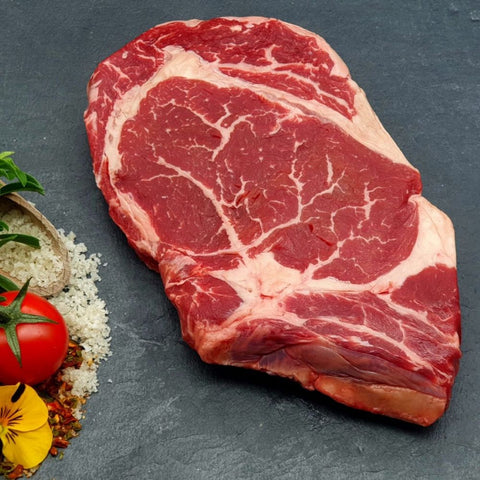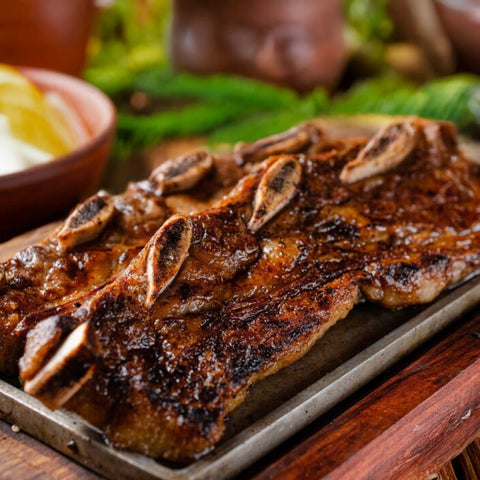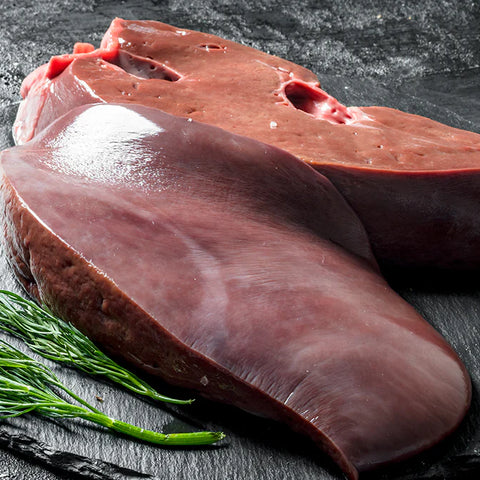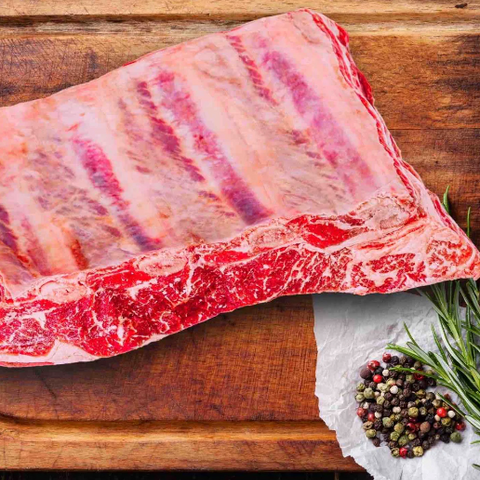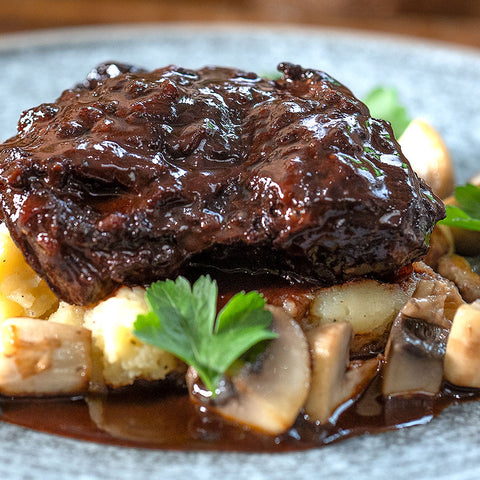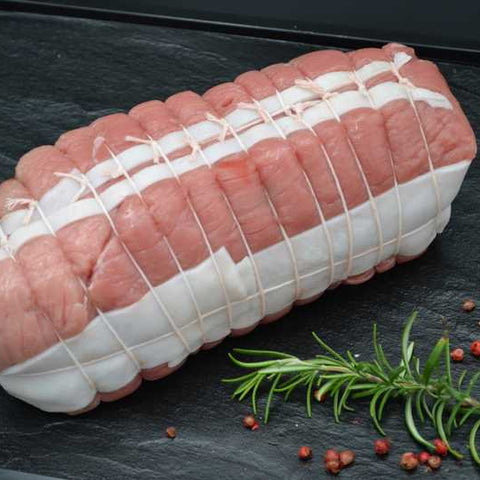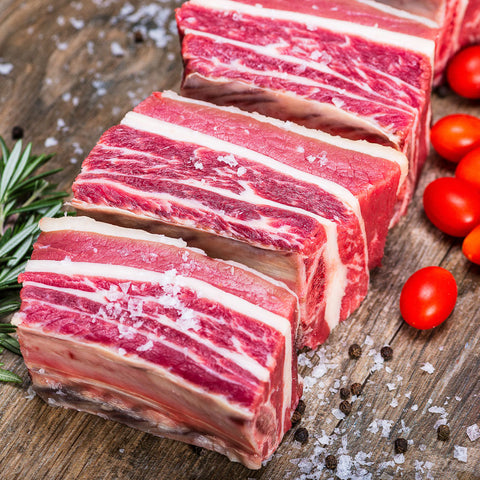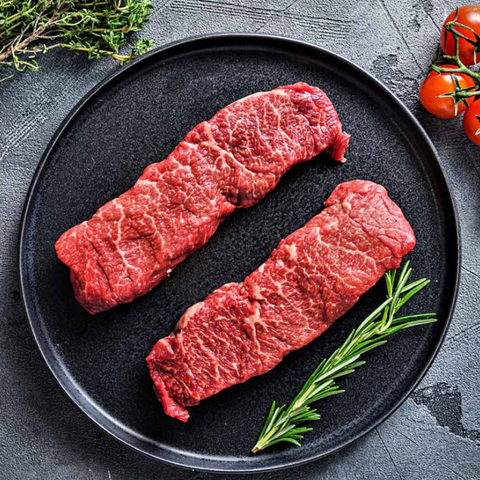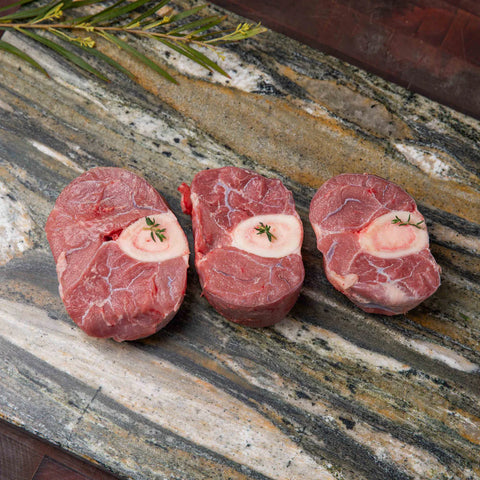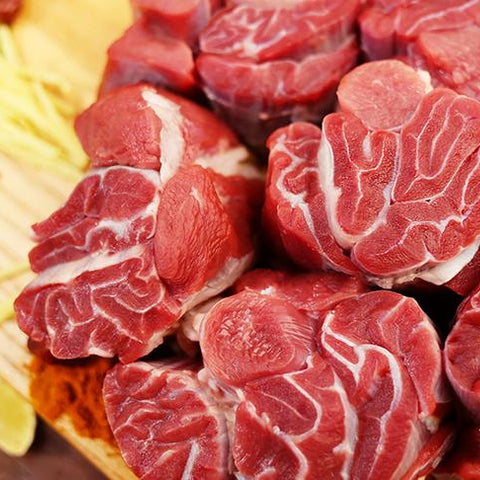What is Kosher
Share this with the world
What is Kosher?"Kosher Meat"…"Kosher Pickles"…"Kosher Deli" – In today's world, we encounter the word "kosher" in almost every section of the supermarket. Anyone can tell you that the term "kosher" has something to do with the Jewish food market. But what does it actually mean? Many will have to admit that they have no idea… |
Definition of KosherDefinition of Kosher "Kosher" is a Hebrew word that literally means "fit" or "proper." When used in relation to food products, "kosher" means that the item in question meets the dietary requirements of Jewish law. |
What Makes Kosher Food Kosher?Although, as we mentioned above, Kosher Laws are complex and could many book shelves, the basics can be broken down into the following categories:
|
1. Food Sources
The written Torah specifies which animals may be eaten and which may not:
- Land mammals – Only those with cloven hooves and chew their cud. Cattle, sheep, goats, deer and bison are kosher food sources. Pigs and rabbits are examples of prohibited species.
- Sea life – Fish with fins and scales, such as tuna, salmon and herring may be eaten. Shellfish, such as lobsters, shrimp and clams, are all forbidden, as are eels, octopus, sharks, and whales.
- Fowl – The Torah lists forbidden birds, all of which are birds of prey. All other birds would theoretically be permitted, but in practice, only familiarly used fowl, such as chicken, geese, ducks and turkeys are considered an unquestionably kosher source of fowl meat.
- Rodents and insects – Virtually all are prohibited. (This rule obliges cleaning/checking some inherently kosher fresh produce – fruit and vegetables – for the presence of forbidden infestation.)
Any product derived from these forbidden animals, such as their milk, eggs or fat, also may not be eaten. This rule proves extremely significant, as we shall see, in industrial production of many seemingly "innocent" foodstuffs, which are rendered unacceptable by the use of ingredients such as rennet and civit, derivatives of non-kosher animals.
An additional, major source of food is produce – fruit and vegetables. All unprocessed fruits and vegetables are kosher. However, two caveats must be tacked onto that sweeping statement:
- Certain varieties of fruits, vegetables and grains are prone to insect and must be inspected before use to avoid consumption of forbidden insects.
- Produce grown in the Land of Israel is subject to additional laws (tithing, Sabbatical year, etc.) which must be taken into consideration when eating Israeli produce.
- Once produce has been processed – cooked, parboiled, or even squeezed as juice – it can no longer be assumed kosher, because of the pitfalls presented by added ingredients or problematic equipment, as we shall discuss below.
2. Kosher preparation of meat
Even if an animal or fowl is of a permitted species, it will not be acceptable under Jewish law unless it is slaughtered in accordance with Jewish law. An animal that died of natural causes or was killed by other means may not be eaten.
Many intricacies go into the laws of shechita – kosher slaughtering. In any meat establishment, it is crucial that a person who is Rabbinically ordained and extremely knowledgeable in these laws be on site to insure that the highest standard of kashrus are maintained.
Ritual slaughter – known as shechitah – is widely recognized as the most humane method of slaughter possible. In addition, the shochet performing the act of slaughtering is not simply a Jewish butcher. He himself must be a person of integrity, who is also well-trained in Jewish law.
Once meat has been properly slaughtered, it must undergo a process known as kashering in order to drain it of blood, which the Torah prohibits for consumption. This entails soaking and salting or salting and broiling the meat. Liver may only be kashered by the broiling method, because it contains so much blood and many complex blood vessels. The kashering process must be completed with 72 hours after slaughtering and before the meat is frozen or ground. Most kosher butchers and all kosher frozen food vendors take care of this process as well.
3. Separation of meat and dairy
The Torah prohibits eating meat and dairy together. The Rabbis extended this to include poultry and meat. In addition, the Talmud prohibits cooking meat and fish together or serving them on the same plate.
This separation includes not only the foods themselves, but also the cooking utensils, plates and flatware, dishwashers or dishpans, sponges and kitchen towels. Therefore, a kosher household will have two sets of pots, pans and dishes – one for meat and one for dairy (unless the family is vegetarian!).
Furthermore, there is a requisite waiting time between eating meat and dairy, to allow for fatty residues and clinging meat particles to decompose. From dairy to meat, however, it is generally sufficient to rinse the mouth and eat a neutral solid, such as bread.(Eating dairy with fish or dairy with eggs is permitted.)
Even a small amount of dairy/meat renders an item dairy/meat for these purposes. For example, most vegetable margarines contain a small quantity of whey to add a buttery taste. Which renders the product dairy, as far as Kosher Law is concerned.
All fruit, vegetables and grains may be eaten with meat or dairy.
4. Kosher utensils, equipment
Utensils and appliances used in handling kosher food, including industrial machinery, must be kosher as well. What renders a utensil non-kosher? A utensil picks up the status of the food that is cooked in it – meat, dairy, neutral (pareve) or non-kosher. In addition, the utensil transmits that status to the next food cooked or processed in it.
Therefore, if a pot was used for non-kosher meat, and then used to cook fresh green beans, the kosher green beans assume the non-kosher status of the food that was cooked there previously.
Even if all the foodstuffs involved are kosher, a utensil may be rendered non-kosher by the mixture of meat and dairy. For example, if a saucepan is used to cook chicken soup, and then employed to heat up milk, the meat status of the pot is transferred to the milk, creating a prohibited mixture and disqualifying both the milk and the saucepan from use.
Generally, the status of foods is transmitted only in the presence of heat, hot spices, or prolonged contact. Also, often disqualified utensils can be restored to a usable state by a utensil kashering process. These rules are complex and often require consultation with a competent Rabbi.
On an industrial level, when kosher products and non-kosher products are produced in the same plant, close rabbinical supervision is crucial to ensure separation of kosher equipment from the non-kosher counterpart, and, where relevant, to supervise thorough kashering of equipment between the non-kosher and kosher runs.
5. Kosher Certification then and now...
Then… - Just a century ago, mass produced foodstuffs were almost unheard of. Both individual households and large institutions purchased basic raw materials – produce, meat, flour, etc. – and prepared all their meals "from scratch." The kosher consumer brought his chickens to a reliable butcher for slaughtering, and did the kashering process at home. There were few kosher products to choose from – but the non-kosher consumer was almost as limited in his selection. Materials were purchased fresh, and, for long term preservation, were pickled, canned or salted and stored in the cellar.
Now... – Today, the packaged products available on the market are too many to count. Almost all of these products raise questions regarding their kosher status. What, you may wonder, could be non-kosher in a box of oat cereal, juice or a bag of potato chips? Here are just a few examples:
- A cereal may have raisins which are coated with a non-kosher, animal-based glycerin, non-kosher flavors, animal shortening, or gelatin.
- The vegetable oil in which the chips were fried may have been pasteurized on equipment used for non-kosher tallow production.
- Even "100% natural fruit juice" may have unacceptable grape derivatives added.
Many products are given their long shelf life and bright hue by the addition of preservatives and coloring agents. Even when these additives are based on natural materials and do not pose a health threat, they may be derived from animal sources that are patently non-kosher.
Because of the myriad changes and advances in the food market, it has become an absolute necessity for food production facilities wishing to serve the kosher consumer to obtain certification from a reliable certifying agency. The role of kosher supervision is to check the source of all ingredients, provide for the kosher status of any equipment used to process the product, and to set up a system by which the integrity of both ingredients and equipment is maintained. The certification agency will also determine if the product contains dairy ingredients or is produced on equipment used for dairy products, to alert the consumer and preclude unintentional mixing of meat and dairy. A quality certifying organization is staffed by Rabbinically ordained supervisors who have years of education and experience and are able to deal with questions and problems in the facility as they arise.
Each kosher certification agency has its own symbol, which you may have noticed on food packages. The symbols are registered trademarks and cannot be placed on a food label without the organization's authorization. The letter "K" by itself is generally an unreliable identifying mark, since it often has no Rabbi or certifying organization backing up the company's claim to kosher status. A majority of all prepackaged foods today have some kind of kosher certification, and most major brands have reliable Orthodox certification.
It is interesting to note, a significant sector of the market for kosher products is composed of people who are not interested in the kosher aspect at all. Kosher certification is a buying card for many Muslims, Seventh Day Adventists and vegetarians. People who are allergic to grain products stock up each year on the grain-free Kosher for Passover products available. In addition, many people prefer kosher products because they believe them to be cleaner, healthier or better than their non-kosher counterparts.
Yes, there's a lot more to Kosher than… Matzo Ball Soup….!
